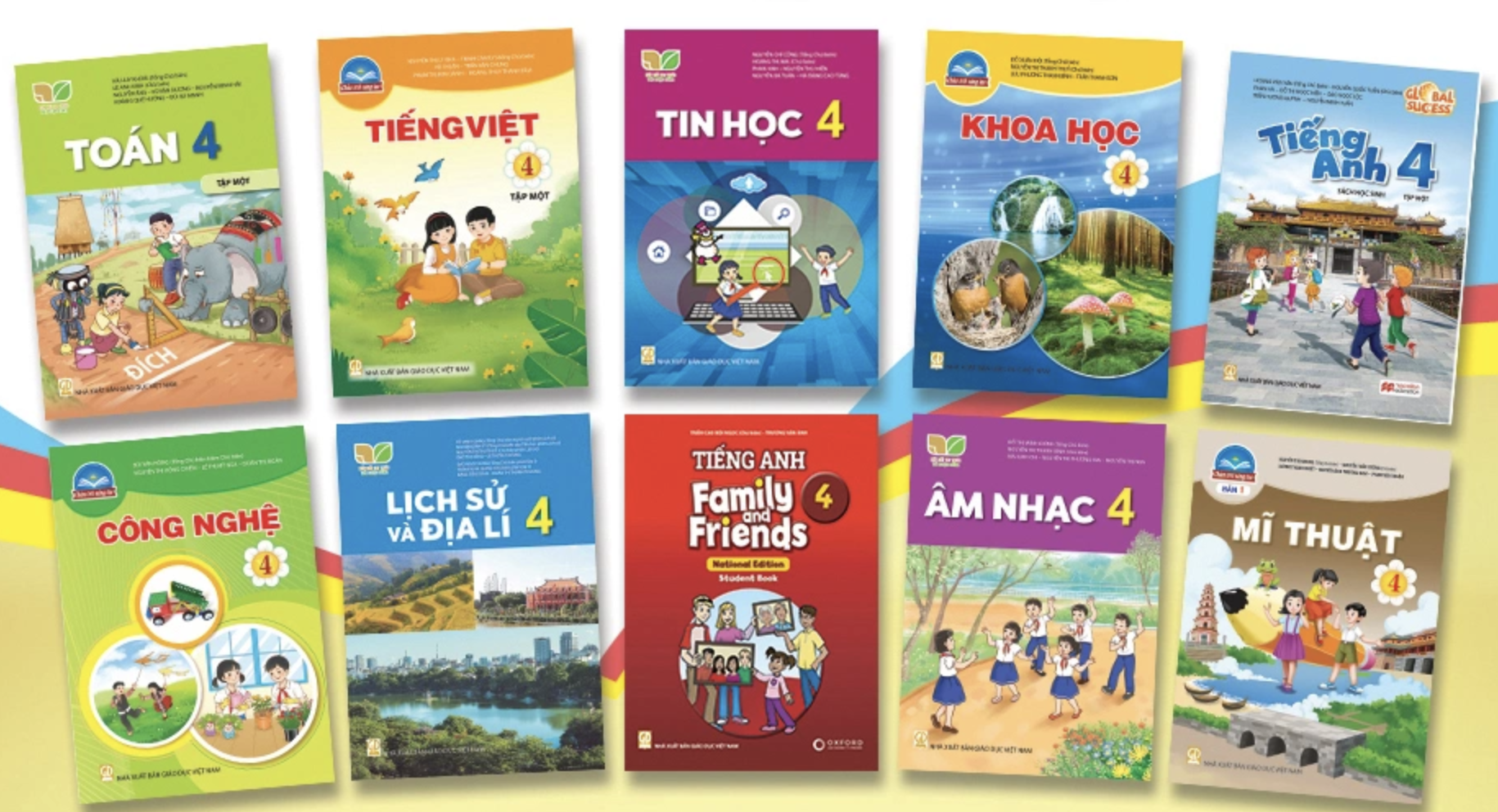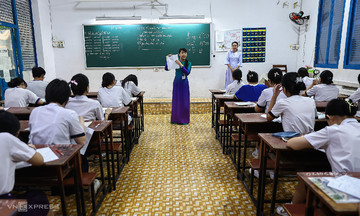The Ministry of Education and Training announced the planned textbook revisions on the afternoon of 3/8.
For 10th-grade economic and legal education, revisions will address the political system of the Socialist Republic of Vietnam and the Constitution of the Socialist Republic of Vietnam.
In 10th-grade history, the elective module on the Vietnamese state and law throughout history will be updated.
The most extensive revisions are planned for 12th-grade geography and 4th, 5th, 8th, and 9th-grade history and geography. These changes encompass socio-economic regions, including regional boundaries; the names and number of provinces and cities; area and population statistics for each region; resources, economic development, and industry distribution across socio-economic regions; administrative maps; population maps; and maps of industries and economic regions in Vietnam.
7th and 9th-grade history and history-geography textbooks will be revised regarding the periodization of European history and Vietnam's renovation process from 1986 to the present.
The Ministry stated that these textbook revisions are necessary to ensure the scientific accuracy and practicality of the new curriculum, following the reduction of provinces and cities from 63 to 34 and the implementation of the two-tiered administrative system on 1/7. The Ministry is currently gathering feedback from the Departments of Education and Training on the proposed revisions, with a deadline of 8/8 for submissions.
 |
Textbooks published by the Vietnam Education Publishing House. Photo: NXBGDVN |
Textbooks published by the Vietnam Education Publishing House. Photo: NXBGDVN
The new national education program, adopted in 2018 (and referred to as the 2018 program), was implemented for first grade in the 2020-2021 academic year.
A phased textbook replacement process was also implemented concurrently, based on the principle of "one program, multiple textbooks." Schools can choose textbooks based on their specific needs and circumstances. As of the previous academic year, all students from 1st to 12th grade were learning under the new program.
In mid-June, the Ministry stated that curriculum adjustments should minimize changes to textbooks. Publishing houses and textbook development teams received guidance on content revisions, prioritizing stability.
For local education curricula, provinces and cities have the autonomy to select and develop content that aligns with the framework program and their specific contexts.
Thanh Hang












